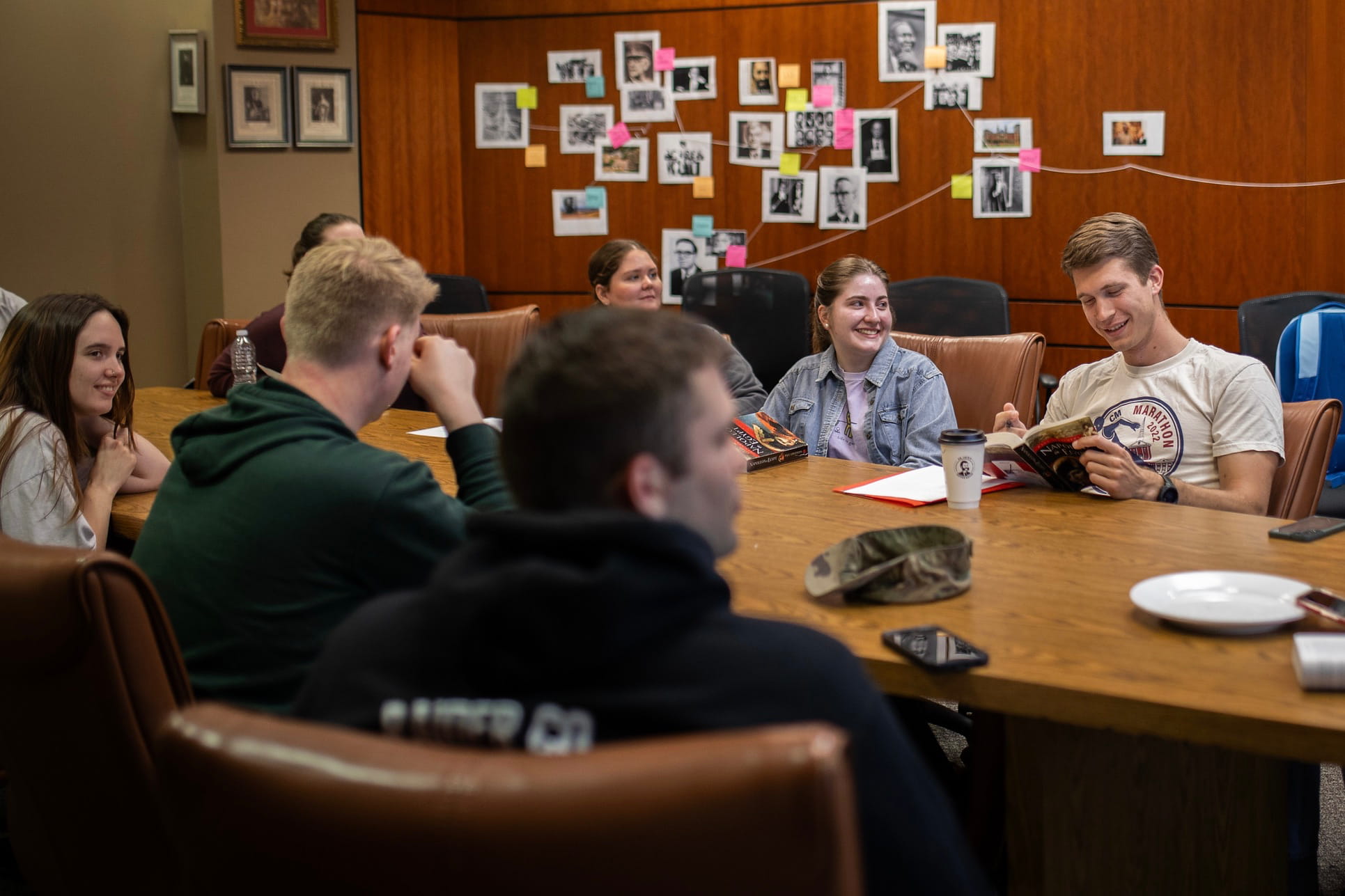Eneida Larti to present faculty recital at Ouachita Sept. 19
September 15, 2011 - Jordan Campbell
Ouachita Baptist University will host Eneida Larti, OBU lecturer in music, in a faculty
piano recital at 7:30 p.m. Sept. 19 in Mabee Fine Arts Center’s McBeth Recital Hall.
She will perform “Sonata in B-flat Major, D. 960” by Franz Schubert and “Venezia e
Napoli” by Franz Liszt in the free recital.
"I think recitals expose students and faculty to works with which they may not be
familiar and to the performer's interpretation of these works," Larti said. "In my
case, I hope that my recital will serve as a reminder that while it is necessary to
dedicate long hours of practice to our art, it is only through sharing our work with
one another that we experience additional artistic growth.
"I chose Schubert's sonata because I found it very introspective and a work that I
would have to decode," Larti explained. "The challenge of this process proved very
rewarding as it helped me to grow as a musician. Liszt's ‘Venezia e Napoli’ is an
entirely different work: light, fun and reminiscent of the composer's time in Italy.
I thought the different nature of each work would provide a nicely balanced program."
Schubert’s sonata was the last of a set of three that the musician created before
his death in 1828. The composition was largely ignored in the 19th century and then
gained recognition for its innovative harmonic language in the 20th century.
"Although its proximity to Schubert’s death has garnered it much attention, its true
merit rests in the composer's ability to stretch the boundaries that usually accompanied
the harmonic language of the sonata structure at the time," Larti noted.
"Liszt composed 'Venezia e Napoli' in 1859 but the pieces were published in their
final version in 1861,” Larti added. “Composed during the composer's stay in Italy,
the set of the three pieces (Gondoliera, Canzone, Tarantella) draws from the singing
and dancing culture of that country."
The piece by Liszt is directly translated to mean "Venice and Naples." The three sections
draw inspiration from different sources: “Gondoliera” is based on the song "La bonding
in gondoletta" by Giovanni Battista Peruchini; “Canzone” is based on "Nessun maggior
dolore" from Rossini's Otello; and “Tarantella” is inspired by themes by Guillaume-Louis Cottrau.
For more information, contact Larti at [email protected] or (870) 245-5176.
By Jordan Campbell
You Also Might Like
Ouachita reports Spring '26 enrollment, led by 50% increase in graduate students
February 11, 2026Recent
Ouachita reports Spring '26 enrollment, led by 50% increase in graduate students
February 11, 2026



